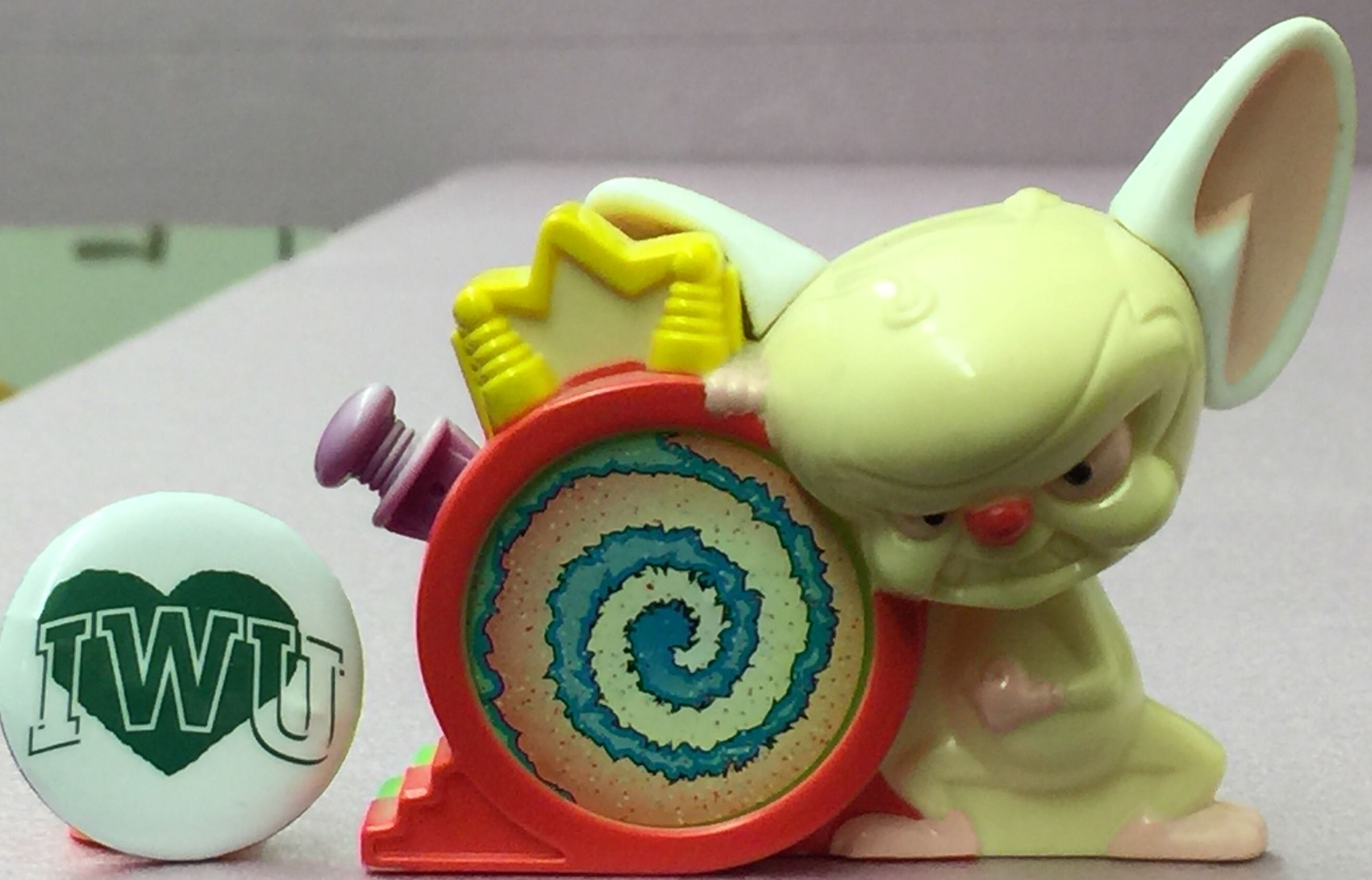



At Illinois Wesleyan University, Physics I, Physics II, and Physics III are taught as the set of fundamentals that underlie all of Engineering and all of the Physical Sciences: that is, here, a series of Physics courses provides the most general education for creating the future. Whether you aim to become a Chemist, a Physicist, a Materials Scientist, or an Engineer of any sort, plenty of alumni (and the American Board of Engineering Training) are available to attest to the value of these courses. These are also required courses for the Concentration in Optics & Photonics, or for the Concentration in AstroPhysics, or for our Concentration in Quantum Science & Technology (QST). If you have an interest in Engineering, it is essential that you enter into conversation with me, as I am the current Institutional Liaison for Engineering programs. Physics I, Physics II, and Physics III, together, form the introductory sequence designed for all majors in the Physical Sciences and for Engineering students. To be crystal clear, there are a number of reasons why any student intending to become a Chemist is advised to consider taking this sequence. First, there are many courses offered by the Physics Department that complement and reinforce the IWU Chemistry major (e.g., Materials Physics, Statistical Physics, Mathematical Methods of the Physical Sciences, Quantum Mechanics, Optical Physics, Electronics, upper-level Electricity and Magnetism, Experimental Physics, etc.). Students should particularly note that Physics III ("Measurement & Modern Physics") is required for some of the electives offered by the Physics Department (e.g., so that you really can understand Semiconductor Physics), and so this PHYS 105/106/207 sequence is preferred for students interested in combining an extended suite of physics courses with any other major. (That said, CHEM 332 may be substituted for PHYS 207 as a prerequisite for some of the elective courses in Physics.) The synergy between Chemistry and Physics is so strong that Chemistry majors should be aware of the possibilities for a minor, or a Special Interdisciplinary Major in Chemical Physics, and for research involvement within the IWU Physics Department. Physics also greatly enhances the opportunities available to those interested in Computer Science or Mathematics. - Whatever your major ends up being, you may wish to note that the requirements for a Physics Minor only involve this introductory sequence plus two additional one-semester classes: PHYS 304 ("Mathematical Methods of the Physical Sciences"), and one additional 300-level course (Chemistry majors often choose Materials Physics or Statistical Physics or Quantum Mechanics; students aiming towards the Life Sciences might opt for Scientific Imaging or Optical Physics, which includes significant discussion of lasers; many other students choose a basic course in Electronics). Students contemplating a major in physics should take the calculus-based Physics I, II, III, and any student interested in our Engineering Pathways are required (by the American Board of Engineering Training) to take calculus-based physics coursework.
